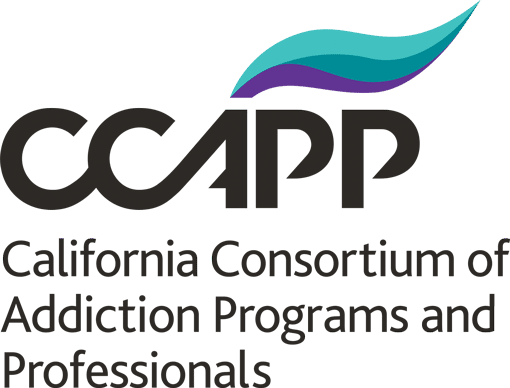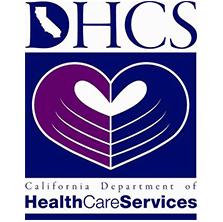
Finding Healing: The Episcopal Approach to Drug and Alcohol Rehab
One of the hallmarks of the Episcopal Church is its inclusive nature, reflecting a legacy of embracing diversity. This inclusivity underscores the core belief that God’s love knows no exceptions. Keep reading to learn more about the Episcopal Church and its stance on rehab treatment. The Episcopal Church To begin with, let’s take a closer
Read More
Non-Denominational Christianity and Drug Addiction Treatment
If you have been struggling with addiction, a treatment that adds a spiritual dimension may be especially helpful. Faith can offer invaluable support throughout treatment and recovery. If you are looking to reconnect with Christianity or seek a faith that is free of doctrine, you may want to explore a non-denominational Christian community for your
Read More
Lutheran Faith and Drug Addiction Treatment
The Lutheran faith, with its emphasis on community, compassion, and ministry, plays an indispensable role in addressing the challenges of addiction. Keep reading to explore how Lutheran beliefs play a crucial role in drug addiction treatment. We will take a closer look at the efforts of the Evangelical Lutheran Church in America (ELCA) and Lutheran
Read More
Breaking Chains: The Methodist Church’s Battle Against Addiction Stigma
In a world where stigma often overshadows empathy, the Methodist Church stands as a beacon of hope and understanding. The Church, deeply rooted in its commitment to compassion and inclusivity, has been actively working to reduce the stigma surrounding addiction. Continue reading to learn about the various initiatives and approaches that make the Methodist Church
Read More
Baptist Church Leadership and Addiction Awareness: Nurturing Empathy within Congregations
In the revered spaces of Baptist congregations, leaders shoulder a twofold duty. They not only tend to the spiritual welfare of their flocks but also confront urgent societal concerns. One such issue that has gripped their attention is addiction, an insidious issue creeping into communities. With unwavering determination, Baptist leaders take the forefront, steadfastly spreading
Read More
Addressing Depression in Christian Addiction Rehab
Within the Christian community, it’s crucial to acknowledge the intertwined nature of addiction and mental health issues like depression. Quite often, depression is a significant underlying factor that fuels addictive behaviors. In Christian addiction rehab, addressing depression is not just about treating a symptom; it’s about healing the whole person – mind, body, and spirit.
Read More
The Cycle of Failure and Addiction
Do you ever feel like you’re trapped in a never-ending loop of failure and addiction? It’s a vicious cycle that countless individuals find themselves caught in. Keep reading to explore the intricate web of failure and addiction, understand the roots of this cycle, and learn effective strategies to break it. Understanding the Cycle Imagine life
Read More
Miracles of Recovery: How Faith Can Transform Lives
Recovery from addiction, trauma, or mental health challenges is a daunting journey that requires immense courage, resilience, and support. While there are various approaches to healing, one remarkable force that has demonstrated its transformative power in countless lives is faith. The miracles of recovery go beyond mere happenstance; they are the profound results of individuals
Read More
Coping with Triggers: Utilizing Faith in Times of Temptation
In life, we encounter numerous challenges and temptations that frequently divert us from our values and beliefs. These triggers, manifesting as addictions, negative emotions, or unhealthy habits, hold the potential to deeply affect our well-being. Managing these triggers can prove challenging, yet for many, faith emerges as a potent instrument to steer through these enticements
Read More
What to Say (and What to Avoid) During an Addiction Intervention
Discover a heartfelt prayer to support your alcoholic husband on his journey to strength and healing.
Read More











